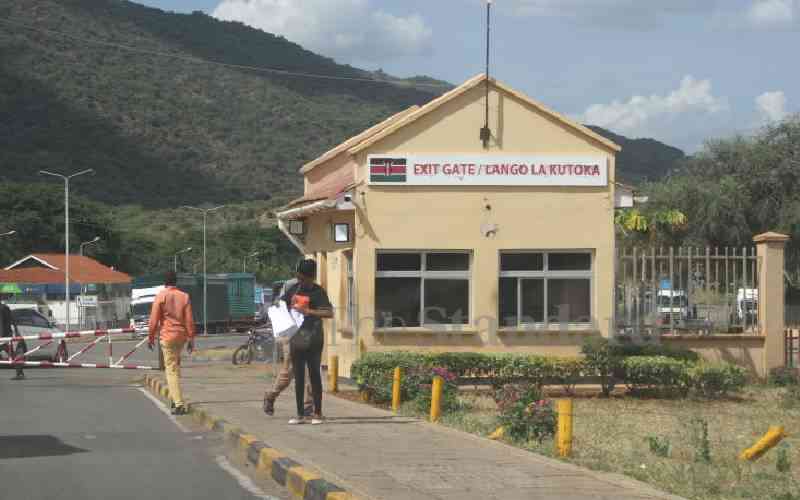
The first thing that grabs your attention at the Songea airport, southwest of Tanzania, are the rolling hills that ring the space, like lazing lions. There is no immediate menace, though, besides the aggressive immigration officer who clings on to my passport and demands to know what I'm doing in his region.
"Conference? Are you the one teaching or are you attending as a participant?" What's the difference, I ask, mildly irritated because other two foreign nationals are waved on with nothing more than a glance at their documents, while he clings on to my light-blue East African passport.